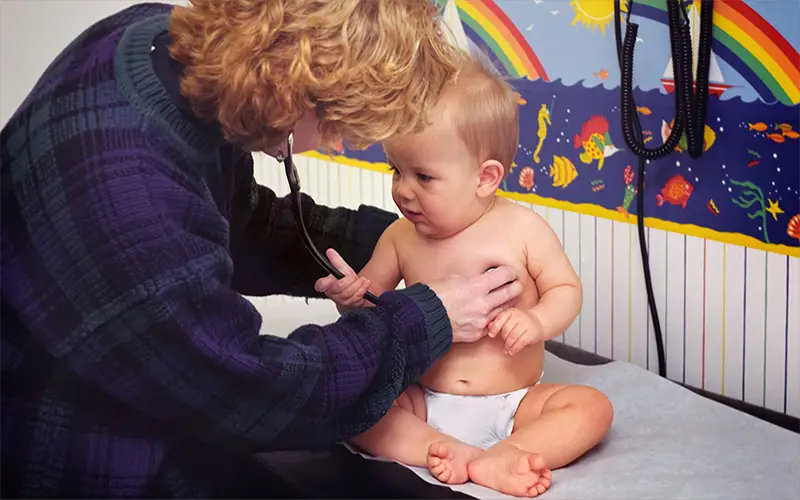Pediatric medicine has made significant strides in recent years, leading to improved health outcomes and quality of life for children worldwide. Advances in technology, research, and healthcare delivery have revolutionized the diagnosis, treatment, and prevention of childhood diseases. These innovations are shaping the future of pediatric care, enhancing early detection, personalized treatment approaches, and overall well-being for young patients.
Early Diagnosis through Genetic Screening
- Genomic Sequencing: Rapid advancements in genomic sequencing have enabled healthcare providers to identify genetic mutations and predispositions to diseases at an unprecedented speed and accuracy. This allows for early intervention and personalized treatment plans tailored to a child’s genetic profile.
- Newborn Screening Programs: Expanded newborn screening programs now include tests for a wider range of genetic, metabolic, and developmental disorders. Early detection allows for prompt intervention and management, minimizing the impact of these conditions on a child’s health.
Precision Medicine and Personalized Treatment
- Targeted Therapies: Precision medicine has transformed the treatment landscape by targeting specific genetic markers or molecular pathways unique to each child’s disease. This approach minimizes side effects and improves treatment efficacy, particularly in cancers and rare genetic disorders.
- Immunotherapy: Advances in immunotherapy have revolutionized the treatment of pediatric cancers and autoimmune diseases. Therapies such as CAR-T cell therapy harness the body’s immune system to target and destroy cancer cells, offering new hope for previously untreatable conditions.
Minimally Invasive Procedures and Robotics
- Minimally Invasive Surgery: Innovations in surgical techniques, including laparoscopic and robotic-assisted surgeries, have reduced recovery times and complications for children undergoing complex procedures. These approaches minimize trauma and scarring while improving surgical outcomes.
- Robotic Technology: Robotics in pediatric medicine allow for precise surgical maneuvers in delicate procedures, such as cardiac surgery and neurosurgery. Surgeons can perform intricate tasks with enhanced precision and control, leading to better patient outcomes and shorter hospital stays.
Telemedicine and Remote Monitoring
- Telehealth Services: Telemedicine has expanded access to specialized pediatric care, particularly in underserved rural areas. Virtual consultations, remote monitoring, and telemedicine-enabled diagnosis allow children to receive timely medical attention without the need for travel.
- Home Healthcare Devices: Remote monitoring devices and wearable technologies enable parents and healthcare providers to track vital signs, medication adherence, and disease progression from home. This proactive approach improves management of chronic conditions and enhances overall care coordination.
Preventive Medicine and Vaccination
- Vaccine Development: Continued advancements in vaccine technology have led to the development of new vaccines against emerging infectious diseases and vaccine-preventable illnesses. Vaccination programs remain crucial in reducing childhood mortality and morbidity worldwide.
- Preventive Care Initiatives: Pediatricians emphasize preventive care through regular check-ups, screenings, and anticipatory guidance. Early intervention and health education promote healthy lifestyles and reduce the incidence of preventable childhood illnesses.
Collaborative Research and Global Health Initiatives
- Collaborative Research Networks: Multidisciplinary research collaborations foster innovation in pediatric medicine, driving forward scientific discoveries and clinical breakthroughs. These networks promote knowledge-sharing and accelerate the translation of research findings into clinical practice.
- Global Health Partnerships: International initiatives focus on improving child health outcomes in low-resource settings through vaccination campaigns, nutrition programs, and access to essential healthcare services. These efforts aim to reduce disparities in pediatric care and promote health equity globally.
Bottom Line
Advances in pediatric medicine have transformed the landscape of child health, offering new hope and improved outcomes for young patients and their families. From early diagnosis through genetic screening to precision medicine and minimally invasive surgeries, innovations continue to shape the future of pediatric care. As technology and research evolve, pediatricians and healthcare providers are better equipped than ever to address the unique needs of children, ensuring they thrive and grow into healthy adults.
